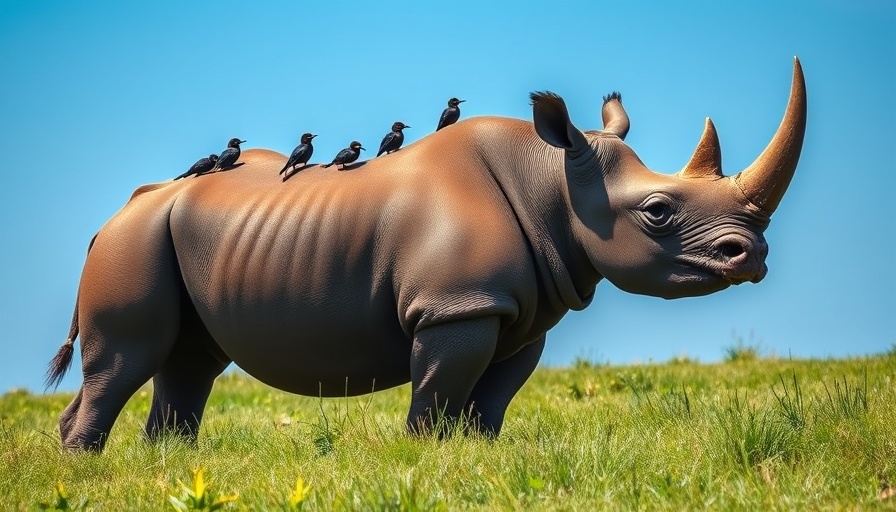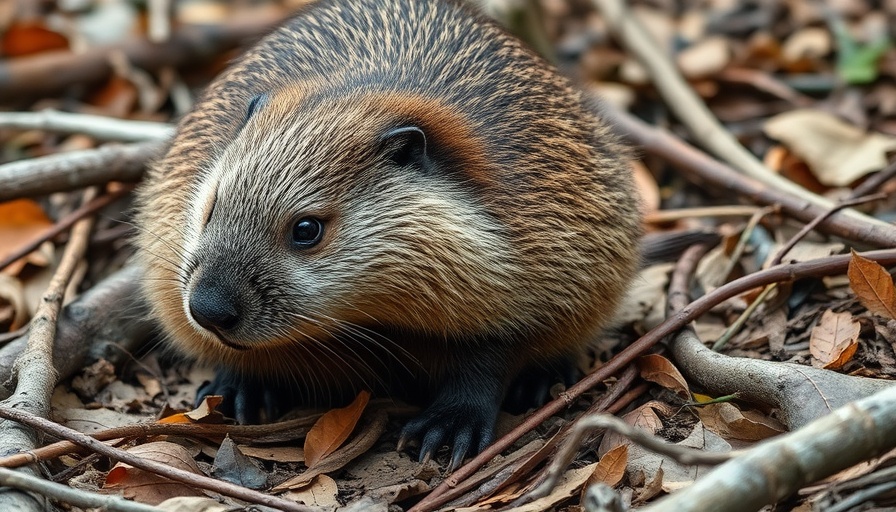
Wolves Across Borders: A Global Wildlife Collaboration
In an unprecedented effort to study and conserve one of nature's most significant predators, the Wolves Across Borders conference has set the stage for international collaboration in wolf research. Launched in Stockholm in 2023, this initiative marked the first global gathering dedicated to wolf ecology, drawing delegates from 32 countries, covering essential geographical areas around the world.
The Importance of Ecological Research
The upcoming special issue of Wildlife Biology is designed as a culmination of knowledge and findings shared during the Wolves Across Borders 2025 event in the Netherlands. Guest editors from various countries—including Italy, the USA, Poland, and the UK—will oversee the contributions, ensuring a diverse array of perspectives and methodologies are presented. This special issue is unique; it is the largest in the journal's history and aims to highlight both empirical studies and theoretical insights into wolf behavior and management practices.
Why Submit to a Special Issue?
One of the standout features of being part of a special issue is the potential for heightened visibility. Research showcased in special issues typically garners more attention, evidenced by higher download and citation rates compared to standard articles. By contributing to this special issue, researchers can ensure their work reaches broader audiences and has a greater impact in the field of wildlife management and conservation.
Call for Papers: The Writer’s Opportunity
Researchers interested in submitting articles have until November 30, 2025, to share their findings. All submissions will be subject to a rigorous peer review process, ensuring that only high-quality and scientifically sound research is published. Papers will also have the opportunity to be posted on Early View upon acceptance, allowing for instant visibility without waiting for the entire issue to conclude.
Connecting Theory to Practice
This special issue will not only focus on theoretical advancements in wolf research but will also address the social and governance aspects of wolf management. Understanding how socio-political factors influence wildlife conservation is critical as it shapes policy-making and community engagement in conservation efforts.
The Future of Wolf Conservation
The outcomes of the Wolves Across Borders initiative hold significant promise for the future of wildlife conservation. As researchers collect, analyze, and disseminate knowledge about wolves, they contribute vital information that could influence global conservation strategies. This collaborative approach embodies a shared goal: to ensure wolf populations thrive across their natural territories.
If you're a researcher or student in wildlife biology or ecology, this is an invaluable opportunity to contribute to a significant global discussion on wolf conservation. Don’t miss the chance to make your mark on such a compelling global issue.
 Add Row
Add Row  Add
Add 




Write A Comment